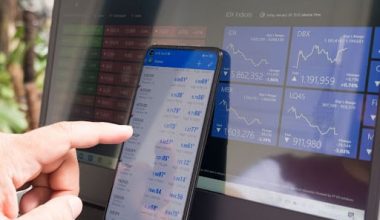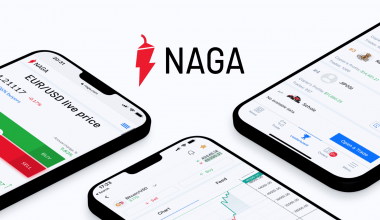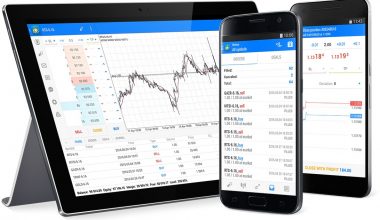Are you interested in the foreign exchange market? What do you think of risk factors related to the forex market?
It is impossible to remove all risk factors completely. However, it is possible to minimize risk. How? Let’s find out!
First of all, the forex market is the largest and most liquid financial market in the world, offering vast opportunities to traders.
Nonetheless, along with the potential for significant profits, forex trading also carries substantial risks. So, understanding and implementing risk management strategies are vital to protecting your investments and ensuring long-term success in forex trading.
Are you familiar with MultiBank Group? It is a good option for traders who are looking for a reliable and user-oriented forex broker. The MultiBank Group Review is a well-written review that explains the role of MultiBank Group.
Understanding risk in Forex trading
Let’s start from the beginning.
Risk in forex trading refers to the potential for loss that comes with every trade. What’s interesting, these risks can stem from various factors, including economic changes, market volatility, and geopolitical events, among other factors.
It is all but impossible to eliminate all risk factors. However, traders have the opportunity to reduce potential losses thanks to risk management strategies.
Key risk management strategies
In order to protect your investments in the forex market, consider incorporating the following strategies into your trading plan.
Setting stop-loss orders
A stop-loss order is a tool that automatically closes your trade once the market reaches a predetermined level.
To cut a long story short, it is effectively a limit set to prevent significant losses if the market moves against your position. Without exaggeration, it is crucial to set a stop-loss for every trade, but the level should be determined by thorough market analysis and not fear or greed.
Leverage wisely
Leverage allows forex traders to control larger positions with a small amount of capital. Nevertheless, while it can magnify profits, it can also amplify losses. Therefore, use leverage wisely and conservatively. It is better to start with low-leverage ratios, especially if you are a novice trader.
Diversification
Diversification involves spreading your investments across various currency pairs or market sectors to reduce risk. The theory behind this strategy is that a loss in one investment can be offset by a gain in another. Nevertheless, remember that diversification doesn’t guarantee profits or shield entirely against loss.
Position sizing
Position sizing refers to the size of the position you take in a particular trade. It should be determined based on your risk tolerance and the percentage of your trading capital you are willing to risk on each trade.
A commonly recommended guideline is to risk no more than 1-2% of your trading account on a single trade.
Importance of a trading plan
What about a trading plan?
Without a doubt, a well-defined trading plan is a cornerstone of risk management. A trading plan should detail your financial goals, risk tolerance level, methodology, and criteria for entry and exit points.
Your trading plan should serve as a personal rulebook for when and how you trade, helping to curb impulsive decisions that could amplify risk.
Emotional management
Lastly, effective risk management also involves managing your emotions. Fear and greed can significantly influence your trading decisions and lead to unnecessary risks.
Developing emotional discipline and sticking to your trading plan, even in times of market volatility, can significantly improve your risk management.
Conclusion
In the case of the forex market, risk management is as critical, if not more, as having a good trading strategy.
Protecting your investments should always be your top priority, which is the key to sustainable trading.
Remember, the goal is not to win every trade, but to remain in the game long enough to have a profitable overall record. Proper risk management can help you achieve this goal, ensuring your journey in Forex trading is successful and enduring.






